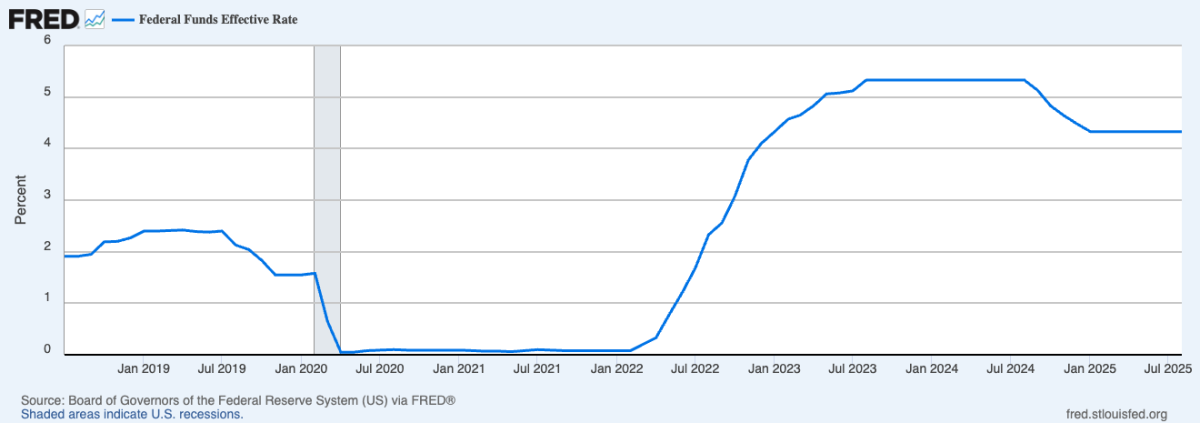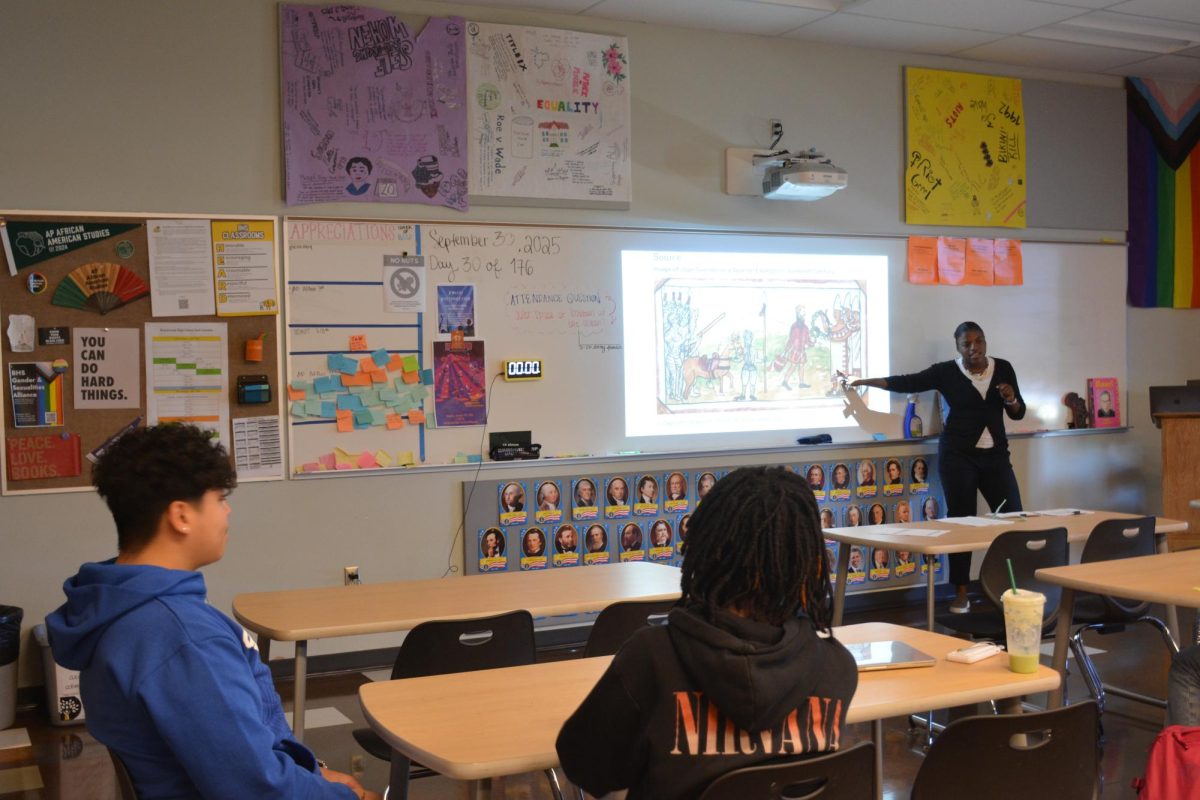The situation in Medina, Ohio concerning its superintendent’s compensation raises a series of ethical questions. Specifically, is it ever acceptable for an elected body to make decisions not in the direct interest of the people it should serve?
The Medina City Schools have not made their financial problems a secret. In recent years, they resorted to numerous methods to reduce their deficit. According to their official web site, the district has cut personnel and reduced the transportation department’s bus services to meet the state minimum.
But the Medina Gazette reported that on Jan. 7, the Medina School Board approved a five-year contract for Superintendent Dr. Randy Stepp. This agreement offered Stepp an excessive signing bonus of $83,000, in addition to financial compensation of $186,000 per year, and various other benefits. Cleveland.com reported that this situation was exacerbated when it was revealed the School Board previously covered his student loans, paying a sum of approximately $250,000.
Is it acceptable to offer a single person in the school district such large sums of money when the District is suffering financially? Especially when taxpayers were not transparently informed that their money would be allocated for this purpose?
Considering these questions, it is not terribly surprising that Stepp’s contract elicited the ire of the community. To protest this contract, Mark Kuhar, a resident of Medina, created a Facebook page entitled the “Medina City Schools Outrage,” which has approximately 1,670 likes.
In addition, according to the Medina Gazette, at least 150 people attending a March 6 School Board meeting to express their disapproval of the contract. The article mentions that Stepp agreed to repay his signing bonus and surrender his merit raises in early March as a result of the community’s vehement response.
While it was unethical for Stepp to accept large quantities of money when his district was suffering financially, it should be noted that the real unethical decision was made by the School Board members who voted for the contract.
The School Board is an institution empowered by the people of Medina. Thus, with the power entrusted to them, they were to make decisions in the best interest of the schools. By not being completely transparent about where the taxpayer’s funds were allocated, by using the money provided to them by the people for a purpose that did not clearly serve the best interests of the children, the Medina School Board abused its power.
But while it is clear that the Board has acted unethically and should be replaced, it is not yet time to take that action– Stepp’s contract needs to be redressed first. A new School Board would create a great deal of chaos and a fair amount of complications. Thus, it seems logical that the current School Board should be replaced after resolving the incident regarding Stepp. Perhaps the only question is whether this process should occur immediately after the incident is resolved, or after the Board members’ terms expire.
This is relevant to students for several reasons. For example, the decisions of School Boards and school leaders often impact students when resources are spent unwisely. This particular case is worthy of study because it demonstrates how the poor decisions leaders make can impact an entire community. Hopefully, it will also illustrate how communities can effectively solve the problems these poor choices present them, setting an example for how such issues can be avoided or rectified in the future.















